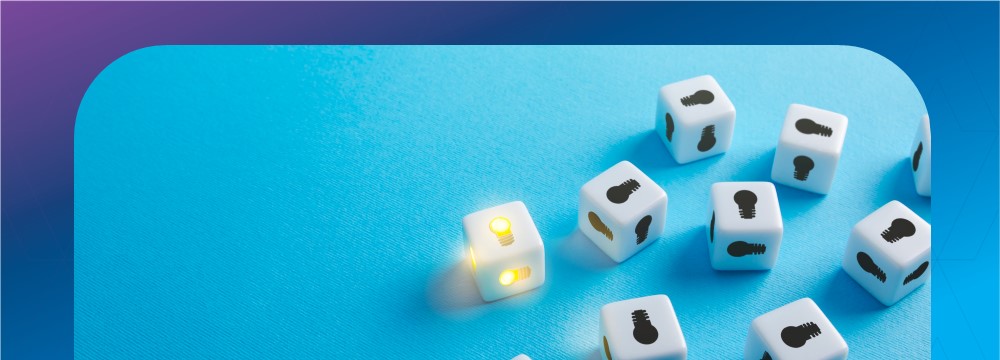
UPDATE | Ex parte Desjardins was designated precedential on November 4, 2025, showing the USPTO’s commitment to improving 101 practice. This is only the second precedential PTAB decision relating to subject matter eligibility, the first being Ex parte Mewherter back in 2013. The USPTO, including the examining core, must follow the reasoning and guidance of Ex parte Desjardins.
In his first week as Under Secretary of Commerce and Director of the United States Patent and Trademark Office, Director John A. Squires, waded into the 101 patent eligible subject matter mess. He vacated a Patent and Trademark Appeal Board (PTAB) decision, Ex parte Desjardins, Appeal 2024-000567, in which the PTAB introduced a new ground of rejection of the claims under § 101.
Importantly, Director Squires emphasized that artificial intelligence (AI) innovations are not categorically excluded from patent protection in the United States. Merely equating any machine learning with an unpatentable “algorithm” and categorizing the remaining additional elements as “generic computer components” without adequate explanation. Director Squires stressed “Examiners and panels should not evaluate claims at such a high level of generality.”
As background, the patent application in question involves claims directed to methods for continually training machine learning models previously trained for different tasks. According to the Specification, the claimed models offer the advantage of maintaining acceptable performance across tasks while minimizing storage needs—that is, only one set of parameters must be stored. Considering the claims and the Specification under the Step2A, Prong Two improvement to the functioning of a computer or other technology or technical field consideration, Director Squires concluded that the invention addressed key challenges in continual learning and model efficiency. Specifically, the method improves computer functionality by reducing storage requirements and preserving task performance during sequential training.
Citing Enfish, LLC v. Microsoft Corp., 822 F.3d 1327, 1339 (Fed. Cir. 2016), Director Squires emphasized that “[s]oftware can make non-abstract improvements to computer technology, just as hardware improvements can” and eligibility determinations turn on whether the claims are directed to an improvement to computer functionality or are directed to an abstract idea.
Director Squires’ instructions are clear: “§§ 102, 103 and 112 are the traditional and appropriate tools to limit patent protection to its proper scope. These statutory provisions should be the focus of examination.”
Software, AI and other technologies often come under the fire of §101 rejections and rarely receive favorable action at the PTAB. Director Squires’ decision is welcome news to applicants and patent owners—and signals §101 reform may be coming.
Although the ARP’s decision is nonprecedential, the USPTO, led by Director Squires, may be shifting in favor of software and AI patents. For now, focusing on the technical improvements and application of technology may provide a path forward to prevent and/or overcome a §101 rejection, relying on Enfish and similar reasoning as the ARP’s decision.
We will continue to monitor updates to §101 treatment.
If you have questions about this case or if you would like to discuss strategies for patent prosecution, portfolio management or litigation, please contact the author of this legal alert or another Dinsmore intellectual property attorney.